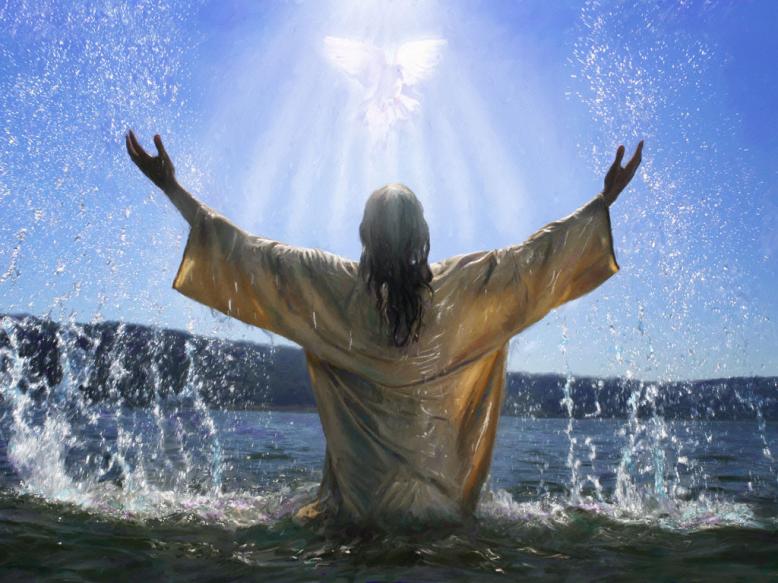Stamp: Joy to the world (United States of America 1964)
Joy to the world (United States of America 1964)
01 January (United States of America ) within release American Bible Society goes into circulation Stamp Joy to the world face value None No Face Value
| Stamp Joy to the world in catalogues | |
|---|---|
| Colnect codes: | Col: US-BIB 1964-12a |
Stamp is square format.
Also in the issue American Bible Society:
- Stamp - For every age face value None;
- Stamp - For every age face value None;
- Stamp - Holy Bible Peace on Earth face value None;
- Stamp - Joy to the world face value None;
- Stamp - Joy to the world face value None;
- Stamp - Peace on Earth face value None;
- Stamp - Peace on earth face value None;
- Stamp - Read John 4 face value None;
- Stamp - Read John 4 face value None;
- Stamp - Read Luke 15 face value None;
- Stamp - Read Luke 15 face value None;
- Stamp - Read Luke 9 face value None;
- Stamp - Unto you a saviour face value None;
- Stamp - Unto you a saviour face value None;
- Stamp - Unto you a saviour face value None;
- Stamp - Unto you a saviour face value None;
|
Data entry completed
50%
|
|
|---|---|
| Stamp Joy to the world in digits | |
| Country: | United States of America |
| Date: | 1964-01-01 |
| Perforation: | 13 |
| Emission: | Cinderella |
| Format: | Stamp |
| Face Value: | None No Face Value |
Stamp Joy to the world it reflects the thematic directions:
A book is a medium for recording information in the form of writing or images. Books are typically composed of many pages, bound together and protected by a cover. Modern bound books were preceded by many other written mediums, such as the codex and the scroll. The book publishing process is the series of steps involved in their creation and dissemination.
help, especially in the form of money, given freely to people who are in need, for example because they are ill, poor, or have no home, and organizations that provide this help: She does a lot of work for charity.
A Christian is a person who follows or adheres to Christianity, a monotheistic Abrahamic religion based on the life and teachings of Jesus Christ. Christians form the largest religious community in the world. The words Christ and Christian derive from the Koine Greek title Christós (Χριστός), a translation of the Biblical Hebrew term mashiach (מָשִׁיחַ) (usually rendered as messiah in English). While there are diverse interpretations of Christianity which sometimes conflict, they are united in believing that Jesus has a unique significance. The term Christian used as an adjective is descriptive of anything associated with Christianity or Christian churches, or in a proverbial sense "all that is noble, and good, and Christ-like." It does not have a meaning of 'of Christ' or 'related or pertaining to Christ'.
Christmas or Christmas Day (Old English: Crīstesmæsse, meaning "Christ's Mass") is an annual festival commemorating the birth of Jesus Christ, observed most commonly on December 25 as a religious and cultural celebration among billions of people around the world. A feast central to the Christian liturgical year, it is prepared for by the season of Advent or the Nativity Fast and initiates the season of Christmastide, which historically in the West lasts twelve days and culminates on Twelfth Night; in some traditions, Christmastide includes an Octave. The traditional Christmas narrative, the Nativity of Jesus, delineated in the New Testament says that Jesus was born in Bethlehem, in accordance with messianic prophecies; when Joseph and Mary arrived in the city, the inn had no room and so they were offered a stable where the Christ Child was soon born, with angels proclaiming this news to shepherds who then disseminated the message furthermore. Christmas Day is a public holiday in many of the world's nations, is celebrated religiously by the vast majority of Christians, as well as culturally by a number of non-Christian people, and is an integral part of the holiday season, while some Christian groups reject the celebration. In several countries, celebrating Christmas Eve on December 24 has the main focus rather than December 25, with gift-giving and sharing a traditional meal with the family.
Religion is any cultural system of designated behaviors and practices, world views, texts, sanctified places, ethics, or organizations, that relate humanity to the supernatural or transcendental. Religions relate humanity to what anthropologist Clifford Geertz has referred to as a cosmic "order of existence". Different religions may or may not contain various elements ranging from the "divine", "sacred things", "faith", a "supernatural being or supernatural beings" or "some sort of ultimacy and transcendence that will provide norms and power for the rest of life". Religious practices may include rituals, sermons, commemoration or veneration (of deities), sacrifices, festivals, feasts, trances, initiations, funerary services, matrimonial services, meditation, prayer, music, art, dance, public service, or other aspects of human culture. Religions have sacred histories and narratives, which may be preserved in sacred scriptures, and symbols and holy places, that aim mostly to give a meaning to life. Religions may contain symbolic stories, which are sometimes said by followers to be true, that have the side purpose of explaining the origin of life, the Universe and other things. Traditionally, faith, in addition to reason, has been considered a source of religious beliefs. There are an estimated 10,000 distinct religions worldwide. About 84% of the world's population is affiliated with one of the five largest religions, namely Christianity, Islam, Hinduism, Buddhism or forms of folk religion.





